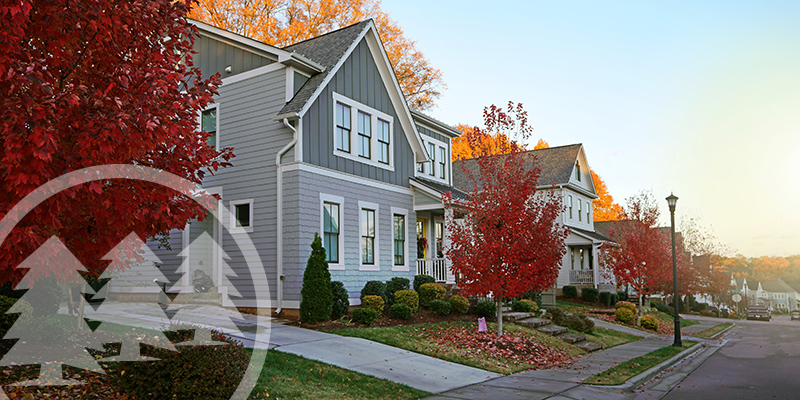House Bill 444 proposes significant changes for homeowners associations, covering contracts, fees, parking rules, enforcement procedures, and more. It aims to protect homeowners and increase transparency, but some parts may bring challenges for both owners and associations.
House Bill 444 Outlines Major HOA Reforms
House Bill 444, also called the Homeowners Association Reform Bill, was introduced alongside Senate Bill 378 in North Carolina this week. The two bills share a similar structure and tone, but Senate Bill 378 includes new provisions not seen in previous legislation.
The proposed bill is 18 pages long and covers many areas of HOA governance. Key highlights are outlined below.
Management Contracts
HOA management contracts can’t exceed two years. If they automatically renew, they must allow cancellation with 90 days’ notice.
Prohibited Management Fees
HOA managers can’t be paid based on fines collected from owners or associations.
Parking Restrictions
Associations can’t restrict personal vehicle parking on public streets unless their declaration or local authorities give them that right.
Home-Based Lessons
Associations can’t fine owners for giving academic or music lessons to five people or fewer at a time.
Lender Questionnaire and Assessment Fees
Fees for lender questionnaires or unpaid assessment statements are capped at $200 each. Rush requests may add $100. Other charges for unit sales are banned unless specifically authorized in the declaration and allowed by law. Violating this rule is considered an unfair and deceptive trade practice.
Copying Costs for Records
HOAs can only charge the actual cost of copying records.
Architectural Review Rules
All architectural reviews must follow the procedures in the governing documents. Responses must be given within 90 days. Denials must include reasons and allow reconsideration by the board if they are not initially handled by them.
Violation Hearings and Fines
Owners must receive hearing notices 10 days before the meeting. Fines can be up to $100 daily but can’t exceed $2,500. Liens from fines must be filed within 90 days. They expire if enforcement doesn’t happen within a year.
Delinquent Assessment Collection
Owners must receive notice by mail and email. Foreclosure can begin only 180 days after the account is overdue. Foreclosures tied to violations or fines must go through civil court, not judicial foreclosure.
Attorney’s Fees
Judges may decide whether delinquent owners or the HOA must pay attorney fees during assessment cases.
Contract Transparency
Homeowners may view and copy HOA management contracts with proper notice.
License Plate Readers
Associations using plate readers must keep written policies and follow new state rules.
Mandatory Mediation
HOAs must attempt mediation before filing lawsuits unless it’s for collecting unpaid dues.
State Oversight of Complaints
The Department of Justice would track homeowner complaints and report trends to lawmakers but wouldn’t intervene in disputes.
Concerns and Impact
Some fear new rules, like waiting six months to foreclose, could hurt communities by increasing unpaid dues. Shifting legal fees to the HOA may also burden paying members and lead to inconsistent rulings.
Every HOA is different, from small two-home communities to large developments. One-size-fits-all laws may cause unintended problems.






